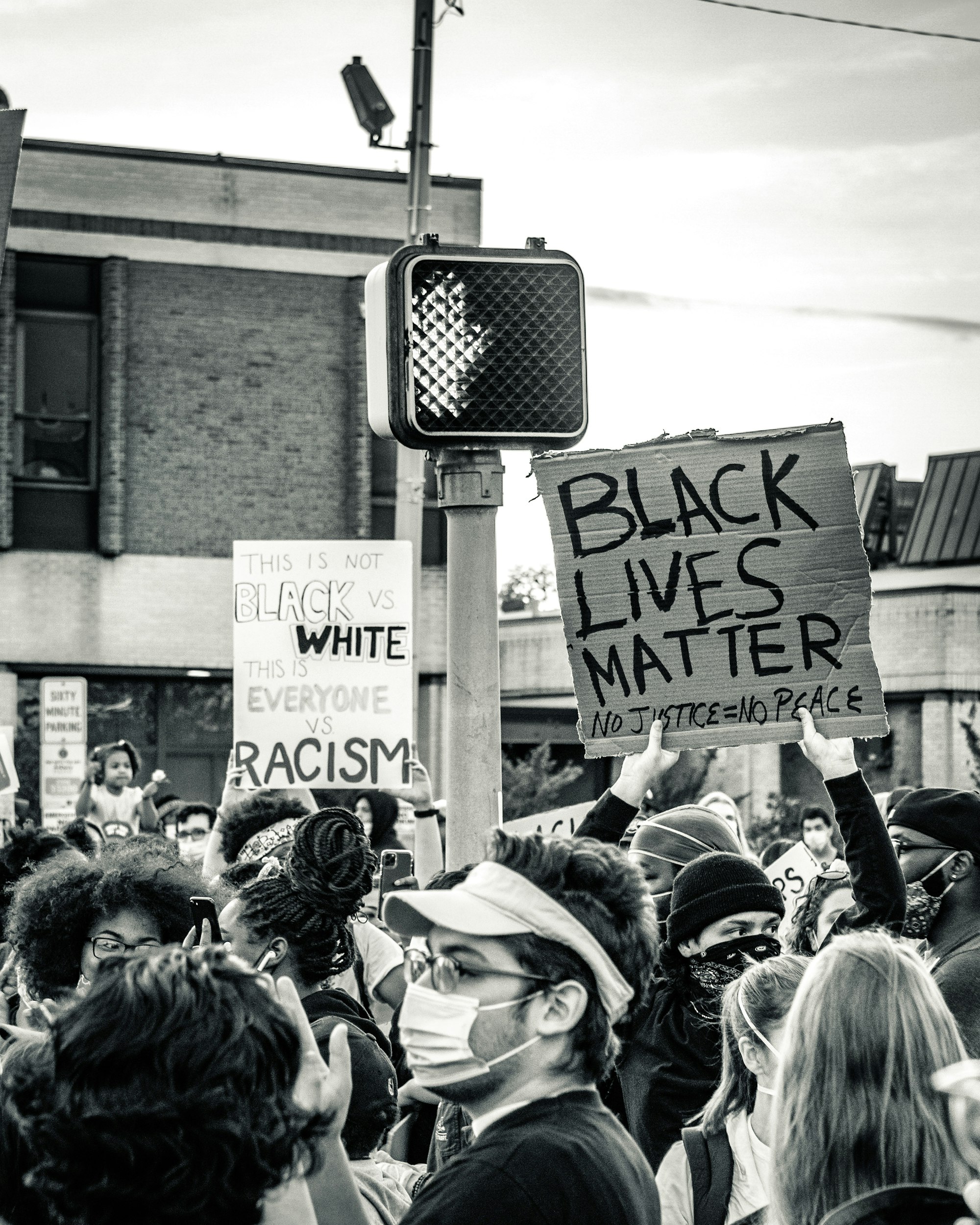The Role of a Designer
Designers hold the office of priests in our culture. In the days of the pharaohs and kings, the priests had the magical ability to read and write. Literacy was a closely guarded secret of the intelligentsia and the elites in the courts of the ancient monarchs.

What is my role as a design mentor?
Perhaps I can learn from the institutions of academia and business orthodoxy to discover what the best mentors do.
- Put the relationship before the mentorship.
- Focus on character rather than competency.
- Shout loudly with your optimism, and keep quiet with your cynicism.
- Be more loyal to your mentee than you are to your company.

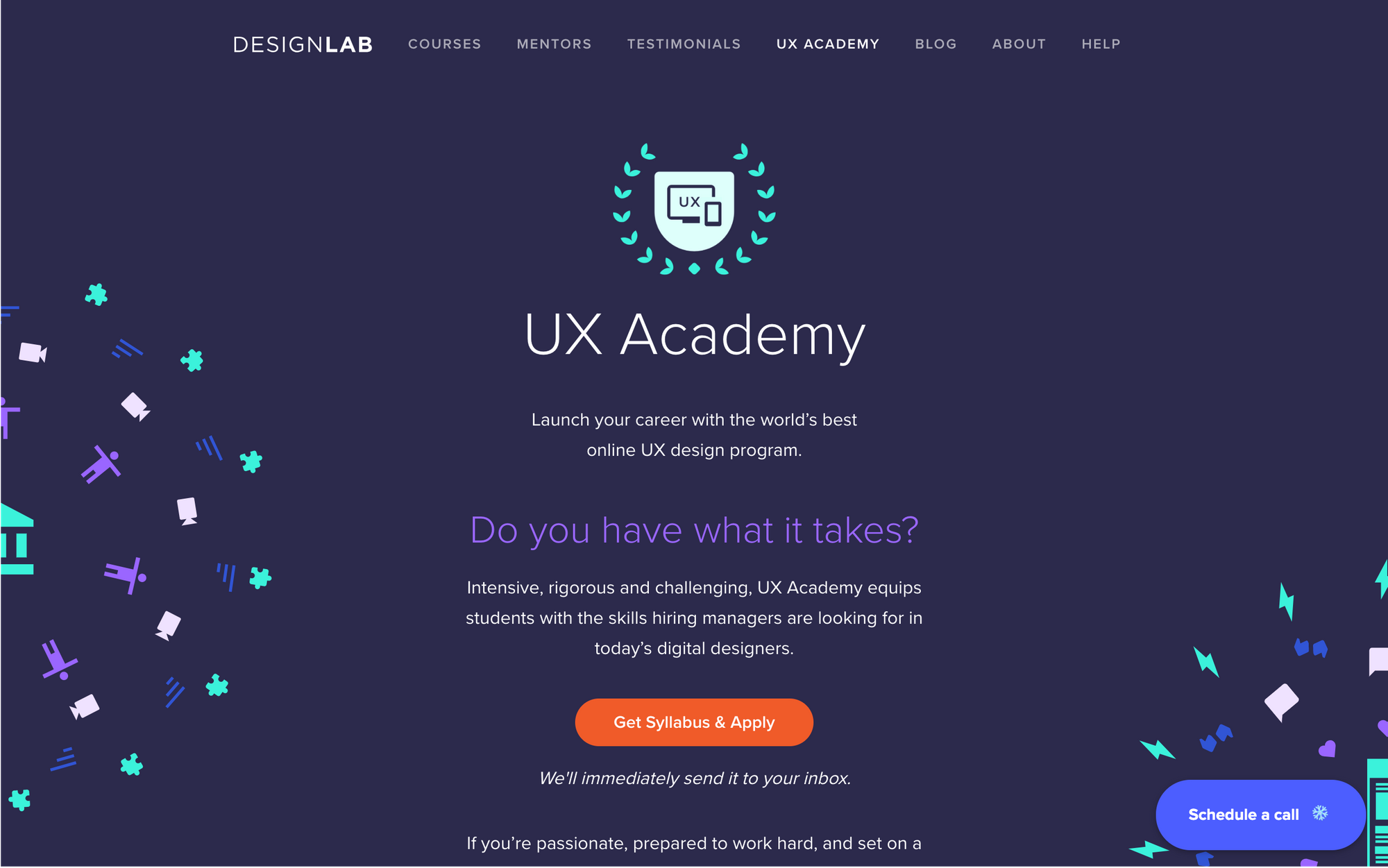
A Generalist
While I was working at a web agency, I was trying to maintain a competitive edge in my abilities as a designer by becoming a generalist as both a web designer and web developer. I took pride in the craft of design by taking on the Bauhaus approach of a better understanding of my materials to be able to innovate as a designer. As a result, our agency was one of the first movers in the responsive web design movement, and this became a point of market differentiation for our agency that led to award-winning work for the agency and recognition of our leadership in digital transformation.

“David Epstein examined the world’s most successful athletes, artists, musicians, inventors, forecasters and scientists. He discovered that in most fields—especially those that are complex and unpredictable—generalists, not specialists, are primed to excel. Generalists often find their path late, and they juggle many interests rather than focusing on one. They’re also more creative, more agile, and able to make connections their more specialized peers can’t see.”

- Design / UX: Specialists vs Generalists — What’s Better? Here’s the truth
- The Benefits of Starting Your UX Career as a Generalist
- You have to be a UX Generalist at First
A Historian
Designers hold the office of priests in our culture. In the days of the pharaohs and kings, the priests had the magical ability to read and write. Literacy was a closely guarded secret of the intelligentsia and the elites in the courts of the ancient monarchs. The tools of the trade have improved over the years: tablets, hieroglyphics, papyrus, alphabets, paper, printing presses, books, newspapers, radios, televisions, computers, and smart phones. Now, we have come full circle, back to tablets again.

A Sociologist
There are cultural moments that define ways of thinking and working and building that become prototypes of a new social architecture for an entire generation. The Bauhaus, as evangelists of modernity, became a centre of social and cultural transformation that has been an invitation to the world to engage in the process of building our modern cities.

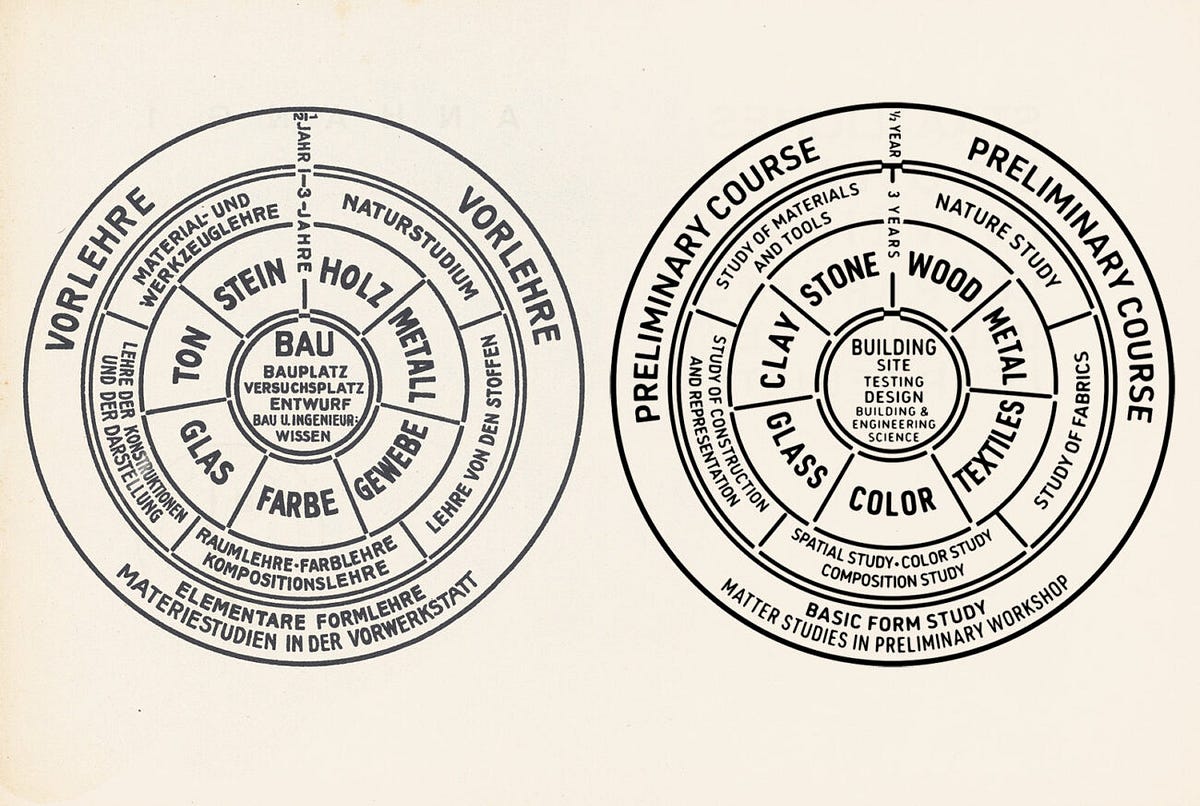
We also need to be aware of the cultural moment that we are in and the ideologies that shape our social, economic, political, and ecological environments.
“Yes, exactly. You’ll hear me sometimes refer to neoliberalism as a faith system. I actually think it is. It has its own doctrines, its own High Priest, especially in the banking system. In the government, it’s very much structured like a religion. I would say it’s a quazi-religion. Part of the faith system of neoliberalism is, as I mentioned before, that everything is traced to individuals making rational decisions in the marketplace. So there is a kind of blaming the victim that goes on in neoliberalism.”
— Bruce Rogers-Vaugh

A Scientist
I cannot claim to be a scientist, but we are using the scientific method in our approach to researching, experimenting, prototyping, testing, and iterating to discover the design solutions that will be desirable, feasible, and viable.

I can also call attention to those who have done the work to run experiments to test hypotheses as a way to better understand the reality in which we live.
Believe the science.
— Stephen Bau (@bauhouse) July 17, 2020
“I’m going to be much more outspoken in the coming election cycle. Trudeau is a liar,” Suzuki says. “For me, that’s the charge. He’s an out-and-out liar. I don’t think he deserves a second chance.”#ClimateEmergency #WEscamhttps://t.co/JCpZMVarh2
Believe the science. We must choose the authorities on which we will rely for areas of understanding that are beyond our own personal limits of comprehension. If we can do our sensemaking collectively, we can make much better sense of our world.
We are discovering a convergence in the ideas of science and spirituality. If we had been paying attention, there never was a division. The antagonisms and conflicts between science and spirituality have been manufactured by the institutions of orthodoxy, who police ideas.
“You never change things by fighting the existing reality. To change something, build a new model that makes the existing model obsolete.”

A Chaplain
As designers, we work with the metaphysical properties of human experience: the social, the economic, and the political.
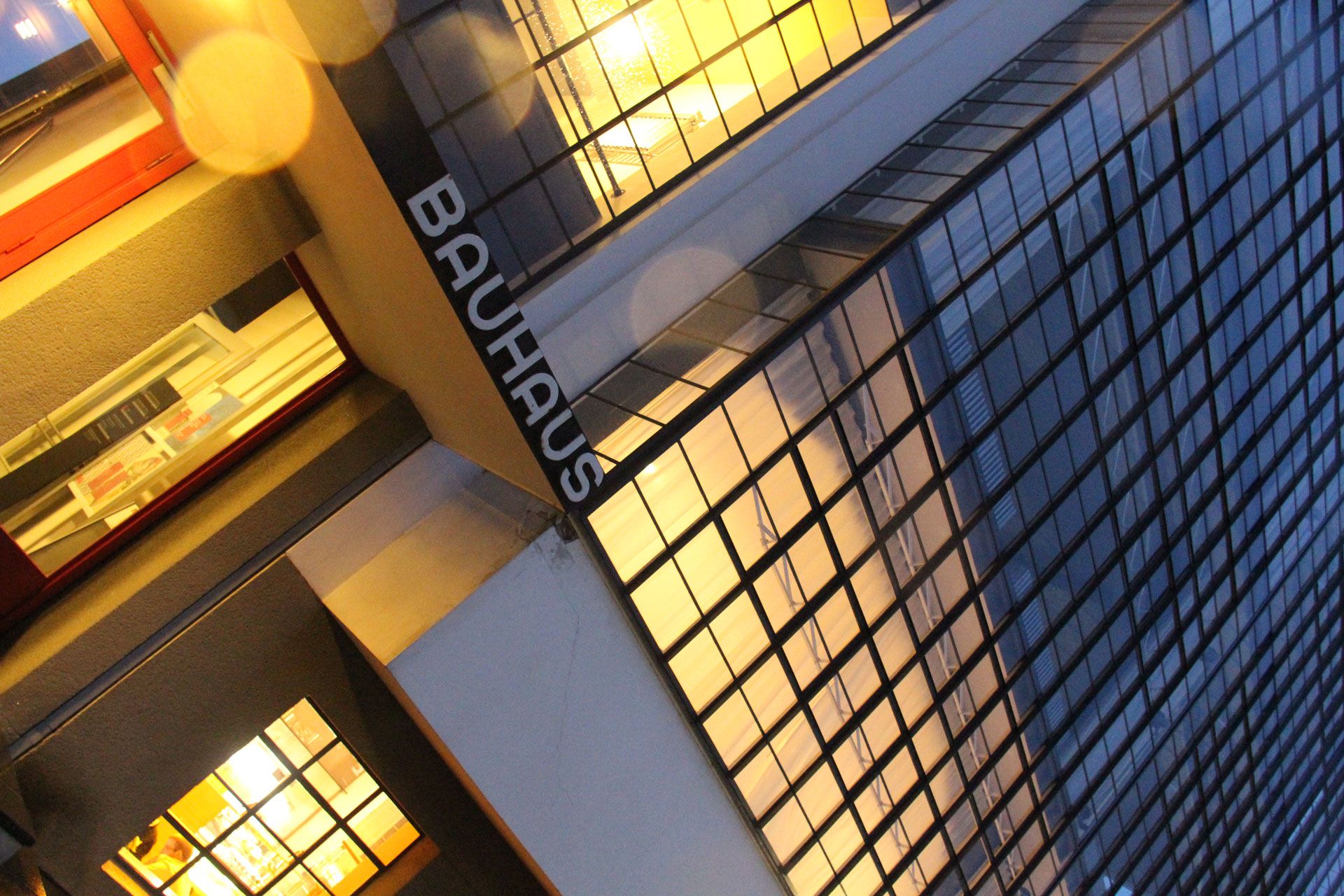
By considering the metaphysical, we get closer to understanding the reality of human beings as part of the holobiont that we call Earth.

“The job of theologians is to define ways to articulate the relationship with God and the world that does not collapse the distinction between God and nature, but allows for a relational understanding of God’s presence within the natural world that is inherent to what it means to be natural.” (33:11)
- Sarah Lane Ritchie: an Integrated Physicality and the Sacred
- Jonathan Jong & Sarah Lane Ritchie: Can Scientists study gods, souls, and rituals?
In the age of the anthropocene, as designers, we need to be pushing against the dominant death cult of a business-oriented design thinking that prioritizes corporate profit and business viability as the purpose for our time, energy, and creativity. Instead, we must shift to an Earth-centred design practice that decentres humanity and recognizes our reality in a much larger and more complex ecosystem.
A Political Rebel
I am hoping to help students understand that design is political. We are learning to speak the language of empire. As we learn the lingua franca of a visually-oriented culture, we have a political choice to make.
Will we trade our time, energy, and creativity in exchange for money in service of corporate scarcity, competition, and domination? Or will we use our influence, capacity, and agency to reimagine our social architecture and build a new society based on abundance, collaboration, and equity?
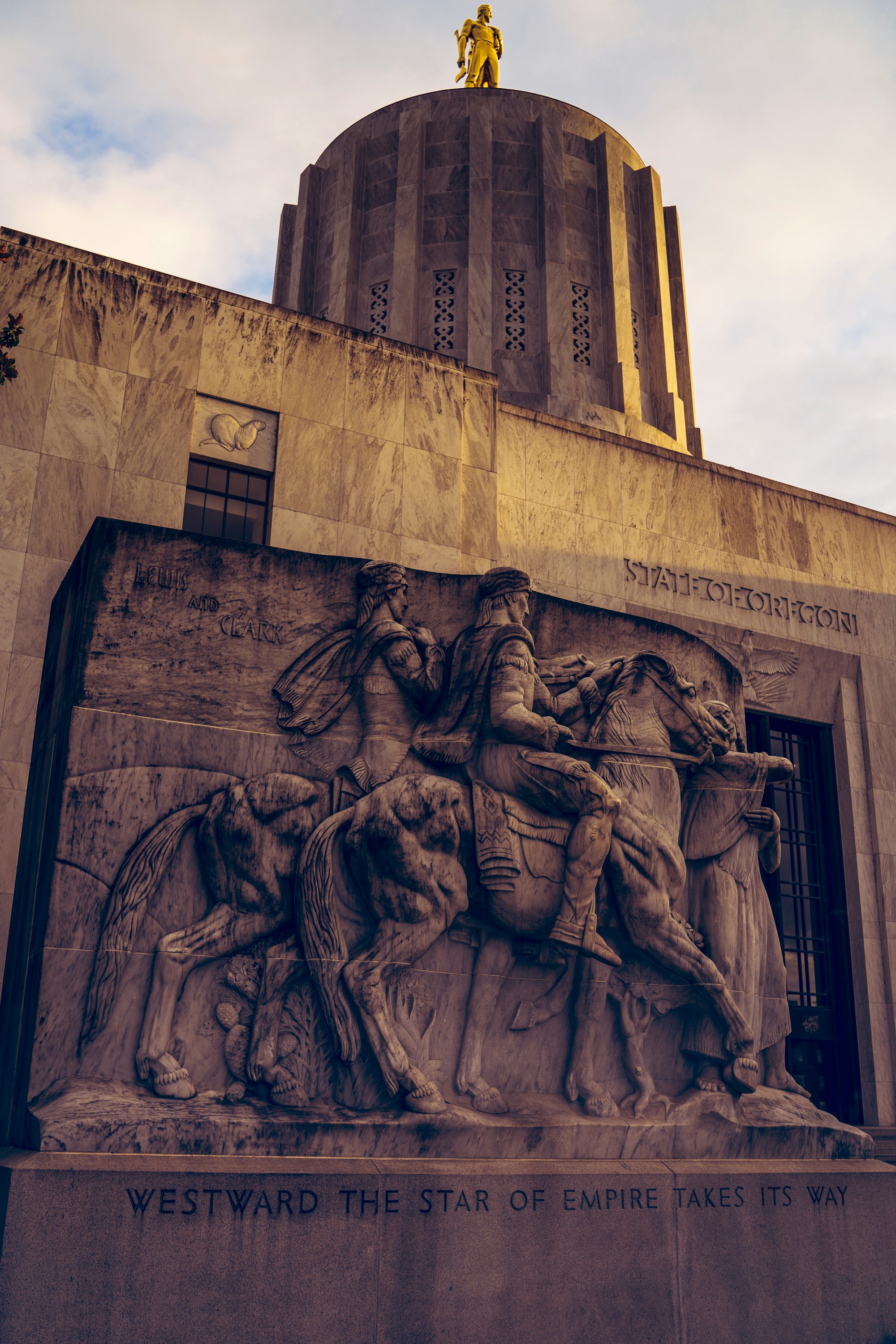
As designers, we speak for people in power. We use visual storytelling as a medium of persuasion to convince people to make decisions, which, at scale, have significant social, economic, political, ethical, and ecological consequences, whether they were intended or unintended consequences.
For that reason, we must build resilience into our design thinking processes to bring to the forefront of our conscious intentions an awareness of our ability to cause greater problems than we are able to solve. At the centre of the concept of resilience is the assumption that things can go wrong. The internal combustion engine and its dependence on the burning of fossil fuels has created a social, economic, and political environment that imperils the ecological systems on which all living things on Earth depend. The world is working exactly as it was designed.
We must take responsibility for the work that we put into the world. We need to hold each other accountable to a code of ethics. To take back our power as designers from advertisers, marketers, public relations representatives, and human resource managers, we can recognize the power of collectively coordinating our actions by sharing our experience, resources, and knowledge with as many people as possible with the intention of dismantling the corporate monopoly over public discourse and rebuilding the public square.
The most important graphic design exhibition in years is currently on view in Washington DC https://t.co/f8PK8Tpb0M pic.twitter.com/ow3RWVIWpn
— Michael Bierut (@michaelbierut) June 12, 2020
A Leader of the Resistance
We are watching the fascist takeover in real time. Corporations use social, economic, and political violence to dominate the arena of the market and to secure their power, in a form of globally-enacted theatre to relive the glory days of past empires.
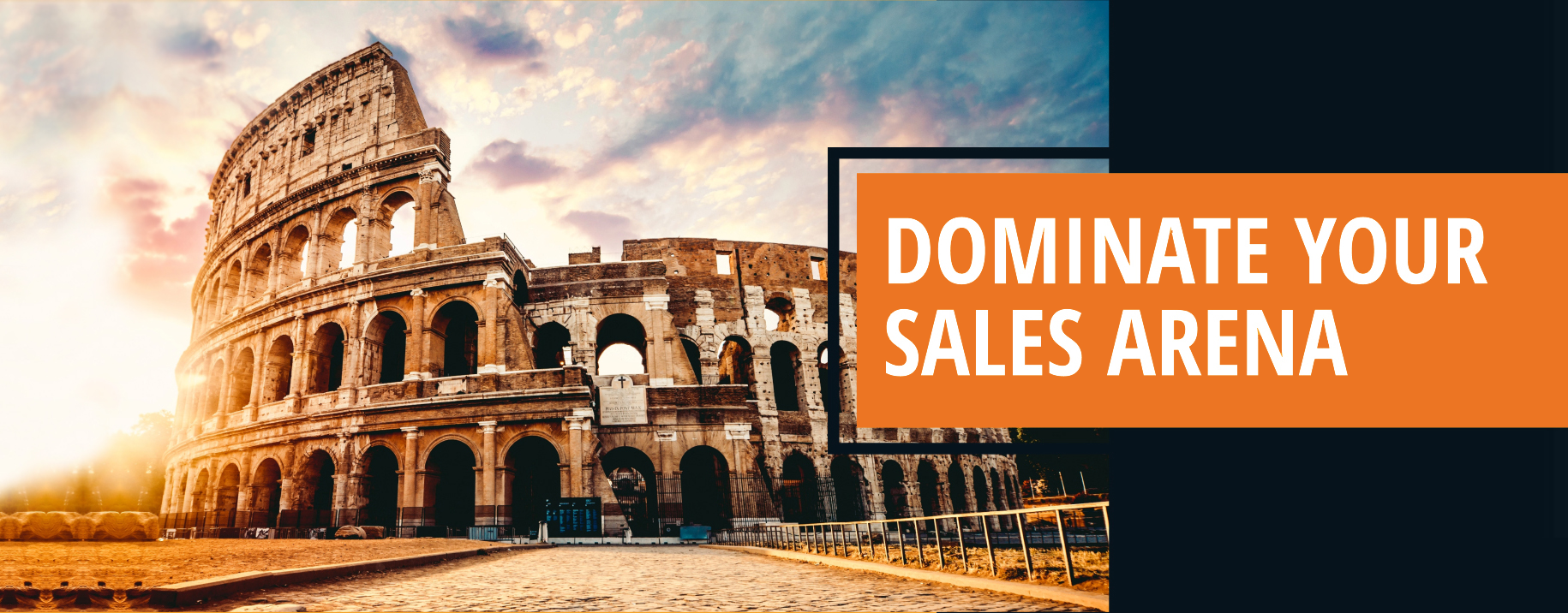

As a design mentor, I am a leader of the resistance against the corporate coup d’état described by Chris Hedges in his writings about the Christian fascists who have been actively working toward the political power grab that we are currently witnessing in the American Empire.
A democracy should protect its citizens, especially the most vulnerable among them, but increasingly the United States is failing to do so. This investigative and persuasive documentary blends the insights of philosophers, authors and journalists with the experiences of citizens of the Rust Belt in the U.S. Midwest, where the steel industry once flourished, but where closures and outsourcing have left urban areas desolate and hopeless. It’s here that Donald Trump finds some of his most fervent supporters, as he’s not considered part of the hated Washington establishment.
Journalist Chris Hedges, argues that the crisis predates Donald Trump’s election by many years. Like his source of inspiration, the Canadian philosopher John Ralston Saul, Hedges regards Trump as the symptom rather than the disease. Decades ago, U.S. democracy began selling its soul to big corporations. Lobbyists and corporatism took control in Washington, gradually undermining the will of the people. Journalist Naomi Klein recently described Trump’s administration as a “corporate coup d’état”. Hedges and Ralston Saul argue that the real coup took place long before.
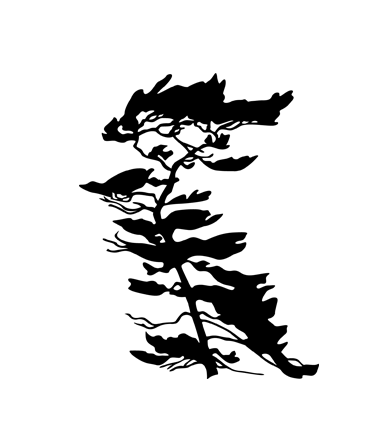
“I don’t fight fascists because I will win. I fight fascists because they are fascists.”
— Chris Hedges, paraphrasing Jean Paul Sartre
We are infiltrating the boardrooms of corporate power to push back against the idea that humans are resources for the extraction of monetary value. Instead, we are advocating for people, for living, breathing human beings who we are empowering with technologies and tools to dismantle corporate power and the social architecture of systemic racism on which they have built their power.
Power to the people.
